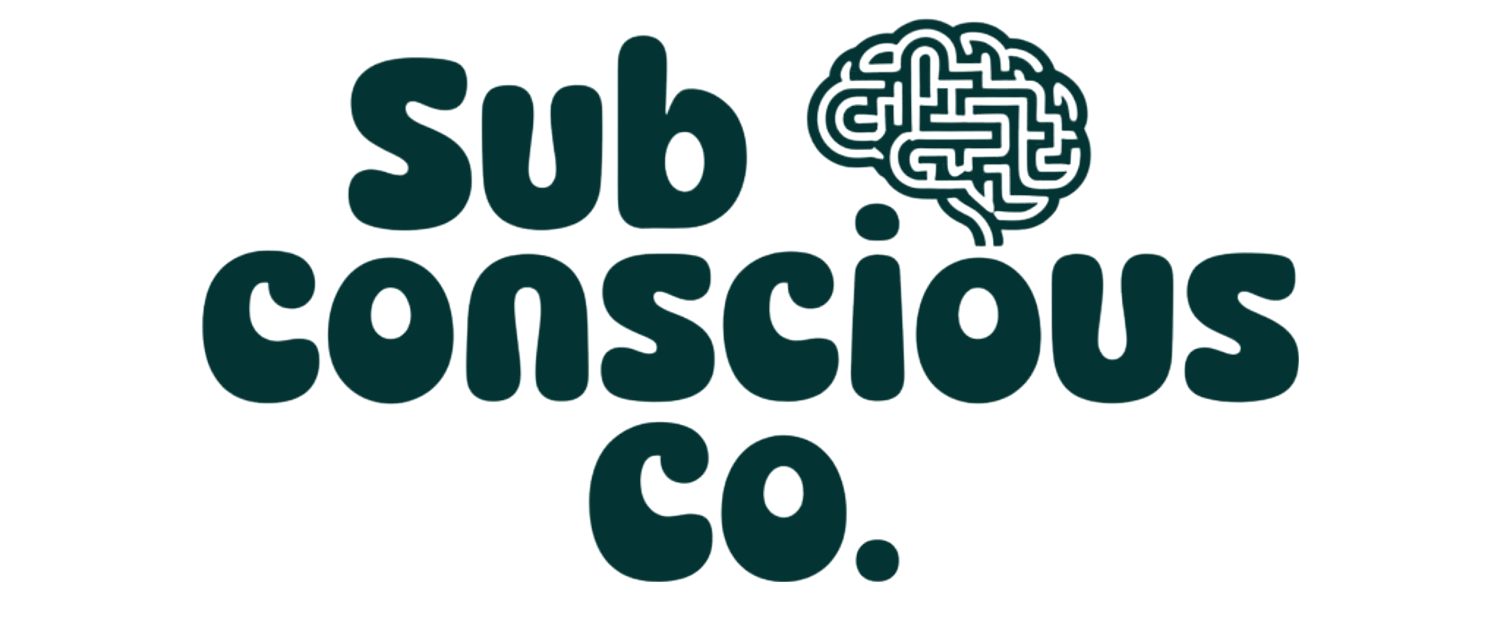When we think about our minds, we often focus on the conscious part-the voice in our head that makes decisions, solves problems, and plans for the future. But beneath the surface, the subconscious mind is quietly shaping much of our daily experience, often in ways we don’t realise.
What is the Subconscious Mind?
The subconscious mind refers to the vast mental processes that operate below the level of conscious awareness. It stores our memories, beliefs, habits, and learned behaviours, continuously influencing our thoughts, feelings, and actions. While early theories, like Freud’s, painted the subconscious as a mysterious and sometimes unruly force, modern research shows it is a highly sophisticated system-flexible, complex, and capable of guiding behavior, learning, and even decision-making.
How the Subconscious Shapes Daily Life
1. Automatic Behaviours and Habits
Much of what we do every day-brushing our teeth, driving to work, or reaching for a snack when stressed-happens automatically, thanks to the subconscious mind. These learned patterns free up our conscious mind for more complex tasks, but they can also keep us stuck in routines we wish we could change.
2. Emotional Reactions
Have you ever felt anxious in a situation without knowing why, or found yourself overreacting to a minor event? These responses often stem from subconscious memories or beliefs formed earlier in life. The subconscious processes emotional information rapidly, sometimes even before the conscious mind is aware of what’s happening.
3. Decision-Making and Creativity
Recent neuroscience has revealed that decisions can begin in the brain up to 10 seconds before we become consciously aware of them. This suggests the subconscious plays a central role in shaping our choices, drawing on a vast reservoir of experiences and knowledge. It’s also a wellspring of creativity, helping us connect ideas in novel ways.
4. Self-Image and Beliefs
The stories we tell ourselves-about what we’re capable of, what we deserve, or how we relate to others-are often rooted deep in the subconscious. These beliefs can either empower us or hold us back, and they’re not always easy to spot or change with willpower alone.
What Science Says About the Subconscious
Modern research has moved beyond the idea of the subconscious as simply a repository for repressed thoughts. Studies using neuroimaging and behavioral experiments have shown that subconscious processes are purposeful and adaptive. For example, people can be influenced by emotional cues they aren’t consciously aware of, and learning can occur even when information is presented too quickly for conscious processing.
However, some researchers caution against overstating the subconscious’s power. While it’s clear that subconscious processes are important, conscious awareness and deliberate choice remain central to human behavior. The mind is best understood as a collaborative system where conscious and subconscious processes work together.
How Hypnotherapy Engages the Subconscious
Hypnotherapy is a therapeutic approach that helps clients access and work with the subconscious mind. In a relaxed, focused state, people can explore the roots of habits, emotional responses, and limiting beliefs-often discovering insights or making changes that feel out of reach in ordinary awareness. For example:
-
Breaking Unhealthy Habits: Hypnotherapy can help reprogram automatic behaviours, making it easier to quit smoking, change eating patterns, or overcome procrastination.
-
Healing from Trauma: By gently processing painful memories, clients can release emotional triggers and find relief from anxiety, phobias, or self-doubt.
-
Building Confidence and Wellbeing: Positive suggestions and visualisations can help reshape self-image and foster a greater sense of ease and empowerment.
The Bottom Line
Your subconscious mind is a powerful ally, quietly shaping your habits, emotions, and decisions every day. By understanding and working with this part of yourself-especially through approaches like hypnotherapy-you can create lasting, positive change from the inside out. When you nurture your inner world, your outer world begins to transform as well.




